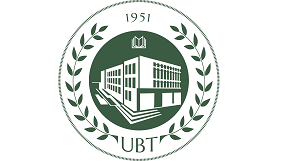ZUZANA PALKOVA1*, ELENA HORSKA1
1Slovak University of Agriculture in Nitra, Tr. A. Hlinku 2, 949 76 Nitra, Slovakia
*Corresponding author e-mail: Zuzana.Palkova@uniag.sk
Abstract:
In the document of European Commission is written: Taking stock of the Europe 2020 strategy for smart, sustainable and inclusive growth is mentioned that despite the growing debates, self-employment in the EU has in fact not increased in decades, remaining stable at around 15% of the EU labour force. This is largely the result of the shrinking agri-food sector – which traditionally has a high proportion of self-employed – counterbalancing the rise in services. Activities typical for these areas are pushed into the background by nontraditional economic activities. In the case of services such as traditional food or local products, production can be recognized significant shifting from the local/regional traditions. In our article, we present the unique potential of food incubators to spur productive, inclusive & sustainable economic development. They provide a strong foundation for the creation and expansion of agri/food businesses and jobs by helping communities to revitalize underutilized buildings into powerhouses of food sector learning, innovation and production. At a time of rising social inequality, food incubators also offer the prospect of expanding employment in the growing food sector through educational opportunities for disadvantaged populations.
Keywords: Agriculture, food incubator, rural development, innovative bussines model.

